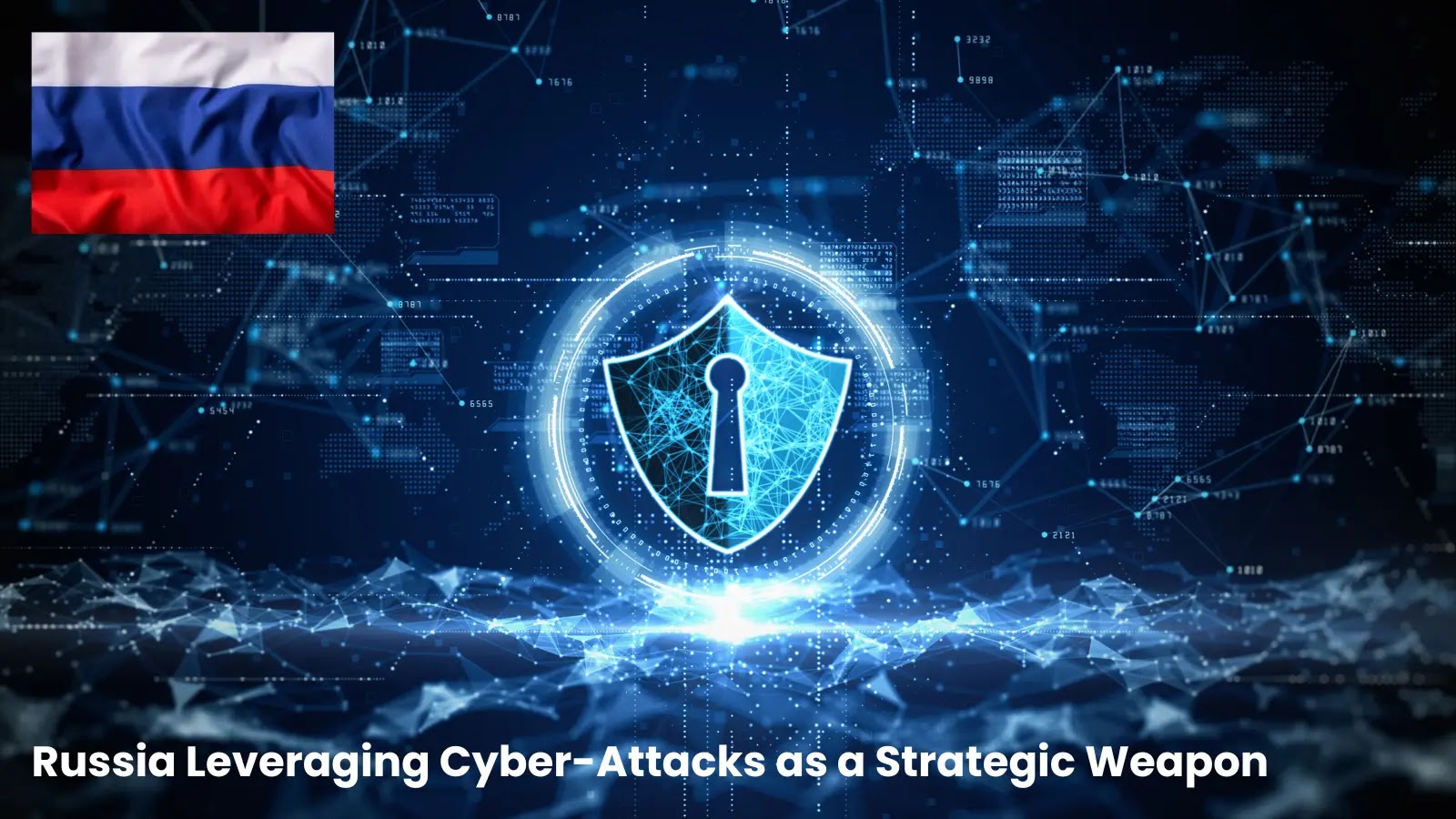Russia Leveraging Cyber-Attacks as a Strategic Weapon Against Key Industries in Major Nations
In 2024, as the Russia-Ukraine war prolongs and military and economic cooperation between North Korea and Russia deepens, cyberspace has become a central battleground for international conflict.
Russia is leveraging cyber-attacks to alleviate economic pressure from international sanctions and to enhance its war-fighting capabilities, targeting key industries in major countries around the globe.
In November 2024, South Korean security firms uncovered spear-phishing campaigns orchestrated by SectorJ149, a Russia-based cybercrime group.

Executives and employees in the manufacturing, energy, and semiconductor sectors received emails masquerading as legitimate quotation requests or facility purchase orders.
These emails contained compressed .cab attachments, which, once extracted, triggered an obfuscated Visual Basic Script (VBS) dropper.
The VBS script executed a hidden PowerShell command designed to download a seemingly innocuous image file from Bitbucket or GitHub.
Within the image, malicious code was concealed via steganography, then decrypted into a Portable Executable (PE) loader-type malware that ran entirely in memory to evade disk-based defenses.
Once executed, the loader fetched additional payloads disguised as text files, decrypted them, and injected final-stage malware—often customized “stealer” or RAT variants—into legitimate processes.
They ultimately used customized Malware purchased from the Dark Web and Black Market to take control of the target systems and steal information.

Persistence was achieved by registering VBS payloads under HKEY_CURRENT_USER\Run or RunOnce to maintain execution with user-level permissions.
Defense-evasion techniques included obfuscation, hidden PowerShell windows, fileless execution, and process hollowing to mask malicious activity.
Malware-as-a-Service Fuels
SectorJ149 sources much of its arsenal from dark-web and black-market Malware-as-a-Service (MaaS) offerings. Notable examples include:
- Lumma Stealer: First seen in 2022, sold via Telegram bots, it exfiltrates browser cookies, passwords, and cryptocurrency wallet credentials.
- FormBook: Launched in 2016, it harvests keystrokes, clipboard data, and screenshots before transmitting results to its C2 servers.
- Remcos RAT: Originally a legitimate remote administration tool, it has been repurposed by cybercriminals to capture input and control infected systems.
- Medusa and Mars Stealers: Both deliver extensive credential theft and wallet data exfiltration via browser plugin and application harvesting.
- Xeno RAT and Tektonit RMS: These remote‐management tools provide covert access and proxy capabilities for further intrusion.
By purchasing MaaS, Russian-linked groups can rapidly adapt their campaigns to geopolitical objectives, shifting from purely financial gain toward state-oriented hacktivism.
Implications for Global Industry
The SectorJ149 campaign against South Korea mirrors earlier operations in Ukraine, where identical loader binaries and infrastructure indicators were observed in October 2024 attacks on insurance and retail firms.
The execution of the PE Malware marks the end of the PowerShell command’s operation.

Shared use of GitHub, Base64 encoding, and image-based steganography underscores a unified toolkit aligned with Russian strategic goals.
As geopolitical tensions escalate, cyber-attacks are emerging as instruments of national policy rather than mere criminal enterprise.
Russia’s use of cyber-warfare to undermine economic resilience and critical infrastructure poses a significant challenge for major economies.
For South Korea—and other targeted nations—establishing proactive Cyber Threat Intelligence (CTI) frameworks is essential.
Real-time monitoring, automated threat sharing, and coordinated incident response will help preempt attacks and fortify defenses around vital manufacturing, energy, and semiconductor assets.
Only through sustained vigilance, cross-sector collaboration, and investment in advanced detection technologies can nations mitigate the evolving threat landscape.
As Russia continues to weaponize cyber-operations, the security of critical industries will depend on the global community’s ability to anticipate, disrupt, and deter strategic cyber-attacks.
Follow us on Google News, LinkedIn, and X to Get Instant Updates and Set GBH as a Preferred Source in Google.














Post Comment